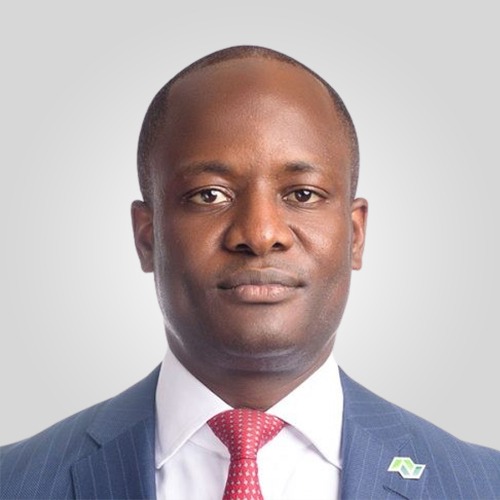Group Managing Director and Chief Executive Officer of Nigerian Exchange Group (NGX Group), Temi Popoola has called on African policymakers, capital market leaders, and development stakeholders to collectively reimagine the continent’s growth model. He proposed a renewed development agenda anchored on three critical pillars: domestic capital, tech-driven integration, and strategic partnerships.
Speaking at the 2025 Annual Meetings of the African Development Bank (AfDB) in Abidjan, Popoola underscored the need to build Africa’s financial sovereignty and economic resilience on deliberate efforts to mobilize local capital and scale technology-enabled solutions.
His remarks echo a growing sentiment among financial leaders that Africa’s next phase of development must be self-determined—powered by indigenous resources, innovations, and institutions.
YOU CAN ALSO READ: Refining Brands, Building Friendships: Marketing + Red Wine Comes to Lagos
Reflecting on lessons from the COVID-19 pandemic, Popoola noted: “When foreign capital dried up and domestic capital stepped in, we saw a powerful truth, what we often chase abroad already exists at home. What’s missing is the intention and structure to harness it.”
Drawing on his experience leading one of Africa’s premier financial market institutions, Popoola outlined three foundational pillars for shaping the continent’s financial future: intentionality, financial literacy, and technology-driven inclusion. He urged both public and private institutions to “speak the language of capital” by developing policies and structures that reflect the priorities of local investors.
“Foreign capital follows local commitment,” he said. “When African institutions act with confidence and clarity, others follow. But we must first invest in ourselves.”
He further emphasized the urgency of cross-border collaboration to advance capital market integration across the continent. Citing the African Exchanges Linkage Project (AELP), an AfDB-supported initiative he described it as a promising model for regional connectivity, while cautioning that regulatory fragmentation and infrastructure gaps continue to pose challenges.
Highlighting practical examples, Popoola referenced Nigeria’s InfraCredit as a success story in unlocking institutional capital for infrastructure development.
“The models, the capital, the tools they already exist. Now is the time to scale what works,” he added.
YOU CAN ALSO READ: “To Thyself Be True”: Ibukun Awosika Urges Women to Embrace Intentional Living, Self-Reflection
Popoola’s call for African-led development comes at a defining moment for the continent’s foremost development institution. The 2025 AfDB meetings marked the final convening under the leadership of President Akinwumi Adesina, whose 10-year tenure saw the Bank’s capital base grow from $93 billion to $318 billion, impacting over 500 million lives.
Acknowledging these achievements, Popoola stressed the importance of continuity with even greater ambition.
“There is now a widespread recognition that Africa can solve its own problems. The next phase of leadership across AfDB and beyond must channel this momentum into actionable, African-driven growth,” he said.
He concluded with a powerful message to Africa’s leaders and financial actors:
“Africa must stop waiting for rescue. The keys to sustainable development lie within our capital, our ideas, and our partnerships.”










